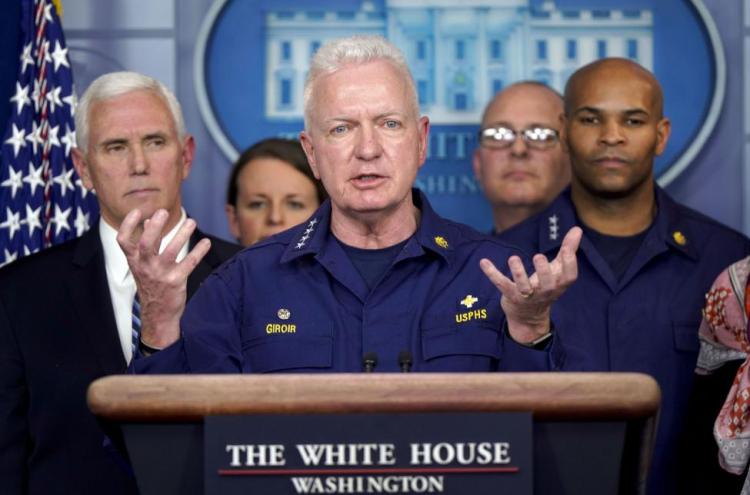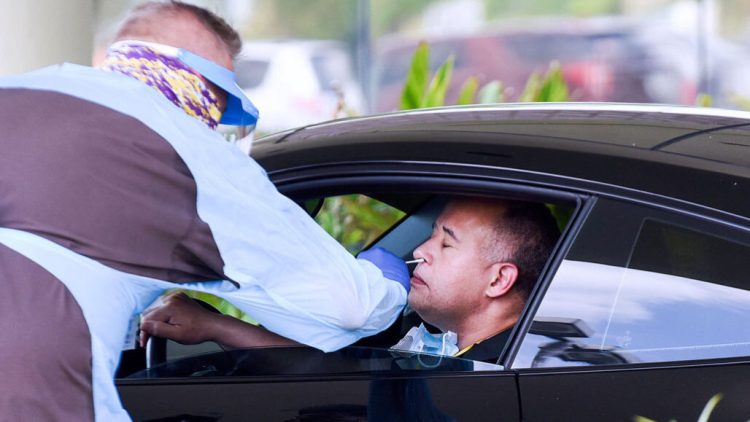The CDC, in concert with the Department of Homeland Security, recently changed their recommendations for COVID-19 testing. This has engendered confusion and controversy.
While the new recommendations are not clearly defined, it appears that the agency believes that people who have a low risk of being infected should not seek COOVID-19 testing until they have discussed the need with their physician or a public health expert. They have also said, “The agency now states, ‘close contacts of confirmed Covid-19 cases don’t necessarily need to get tested if they don’t have symptoms.’” In contrast, the CDC had previously advised that all people exposed to an infected person get tested.

Adm. Brett Giroir, the assistant secretary of health, who has overseen testing efforts, said Wednesday the CDC had drafted an update of their guidance, and then he circulated it among medical experts on the White House’s coronavirus task force, who edited the recommendation.
“We worked on this all together to make sure that there was absolute consensus,” Adm. Giroir said in a call with reporters.
However, the explanation provided in a statement from the CDC was simply that, “Everyone who wants a test does not necessarily need a test; the key is to engage the needed public health community in the decision with the appropriate follow-up action.”
This fails to provide a reason for this change, and Adm. Giroir’s attempts to clarify made it even more confusing. This has created an incredible amount of confusion, with many thinking that the CDC is abandoning testing of asymptomatic contacts of individuals who test positive.
Since greater than 95% of the COVID-19 tests being run are negative in most of the United States, having some prescreening process that involves talking to a physician or public health expert might improve the yield of testing while at the same time reduce wait times for results.
Therefore, it may be of value to have individuals who are at low risk for infection at least talk to their physician before they seek a test. This could reduce the number of tests on people who have had no significant viral exposure while still ensuring that individuals who are at risk get appropriate testing even if asymptomatic.

Many public-health and infectious-disease experts criticized the latest change, saying testing all close contacts before they show any symptoms is vital to curbing the virus’s spread. This helps public-health authorities find cases and then stop potential chains of transmission, the critics said. The critics point out there isn’t new evidence to support relaxing the recommendations for who should get tested for Covid-19, if that is what the new guidance suggests.
The worst part about this whole process is how poorly it was communicated. There was no effort to explain the rationale behind the change in recommendation and certainly no clarification of the exact type of discussions that should occur between someone who is concerned and wants testing when they contact their physician or public health expert.
Coming on the heels of the poorly described approval of plasma transfer, this type of communication certainly undercuts the credibility of the agencies making these decisions.
What a shit show.
LikeLike
What are your thoughts on the CDC breaking down underlying illnesses into two tiers of risk for COVID complications? Asthma is now in the second tier. Upon what evidence is it based?
LikeLiked by 1 person
Mainly on the outcomes of people with asthma who had COVID-19. It does not seem to be something that worsens their outcome to the infection.
LikeLike